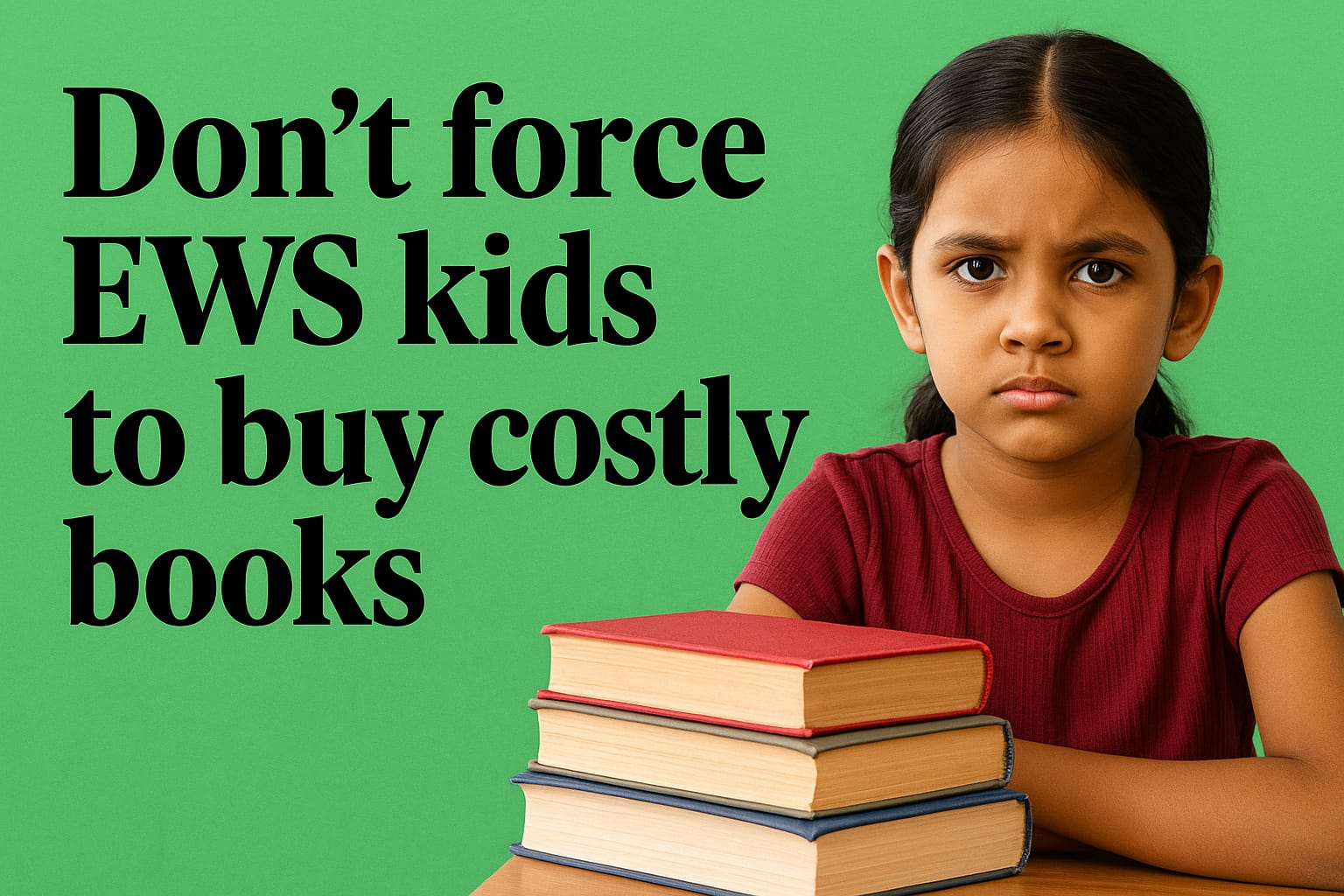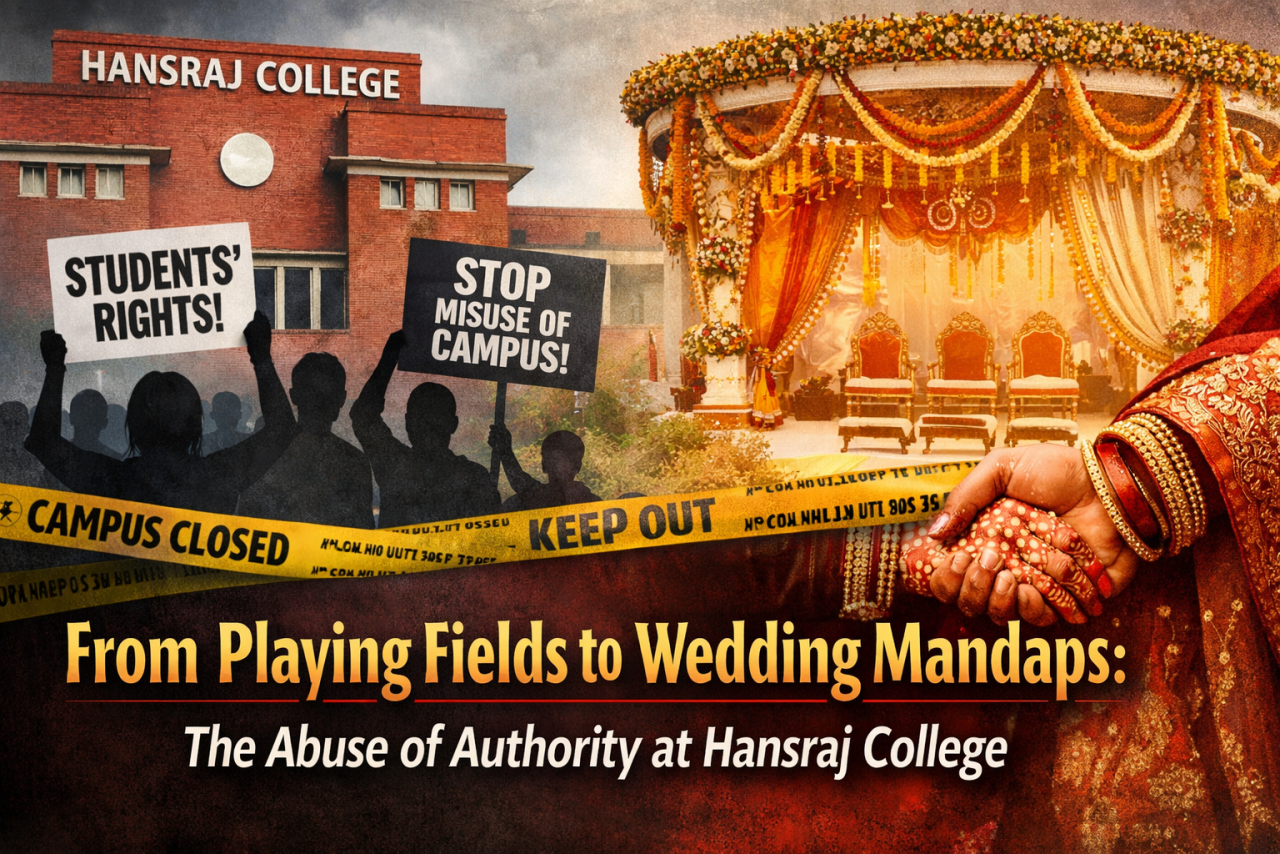
Education is often described as the foundation of equality, but the reality for many students from the Economically Weaker Section (EWS) and Disadvantaged Group (DG) in India paints a different picture. A recent notice issued by the Delhi High Court highlights the struggles faced by these children, especially when it comes to being forced to buy costly books and school material from private publishers.
The case began when a plea was filed to stop private unaided schools in Delhi from compelling EWS and DG children to purchase high-priced books instead of the affordable NCERT textbooks. The bench of Chief Justice DK Upadhyay and Justice Tushar Rao Gedela sought responses from the Delhi government, the Central Board of Secondary Education (CBSE), and the National Council of Education Research and Training (NCERT). The next hearing has been scheduled for November 12.
The plea argued that private schools, despite legal directives, continue to make education unnecessarily expensive for poor students. The Right of Children to Free and Compulsory Education Act (RTE Act), 2009, and the RTE Rules, 2011, make it mandatory for private schools to provide free education to children admitted under the 25 percent EWS quota. These laws ensure that no child should be denied equal access to quality education because of financial limitations.
However, reality shows a different scenario. Many private schools force students to purchase books from private publishers that cost more than ₹10,000 a year. Advocate Amit Prasad, representing the petitioner, explained that this practice creates an undue financial burden on parents who are already struggling with other expenses. He further added that this practice amounts to an indirect exclusion of RTE students from equal education.
The issue of school expenses does not stop at books. The Council of Ministers recently approved revised financial assistance for uniforms. From the 2025-26 academic year, students in classes 1 to 5 will receive ₹1,250 annually, those in classes 6 to 8 will receive ₹1,500, and students in classes 9 to 12 will get ₹1,700. While this step is welcome, it is still not enough when schools continue to force families to purchase costly material beyond their means.
Apart from financial challenges, there is also a health concern. The petition drew attention to the increasing physical burden on students caused by heavy school bags filled with unnecessary books. Studies have already shown that carrying heavy bags daily can cause musculoskeletal problems among children. By forcing the purchase of additional books, schools are contributing not only to financial stress but also to long-term health risks.
The petition made it clear that private schools must strictly follow the law. Section 12(1)(c) of the RTE Act obliges schools to provide free and compulsory education to children admitted under the EWS and DG categories. Article 21A of the Indian Constitution guarantees free education as a fundamental right, while Article 14 ensures equality before law. By disregarding these principles, schools are widening the gap between privileged and underprivileged students.
The Delhi High Court’s intervention is a significant step toward protecting the rights of EWS children. Education is not meant to be a burden; it should be a tool of empowerment. Ensuring that students use NCERT books, which are affordable and accessible, is a simple but effective measure to make education equitable. The coming hearing in November will be crucial in determining how far the system is willing to go to ensure justice for these children.





















